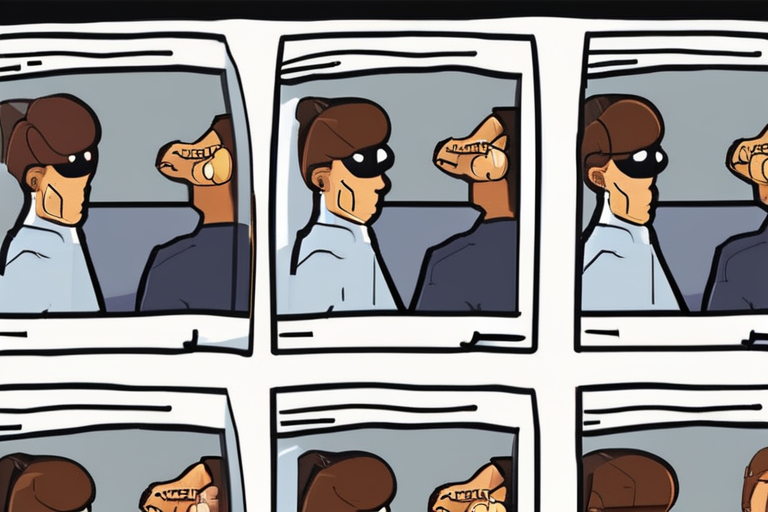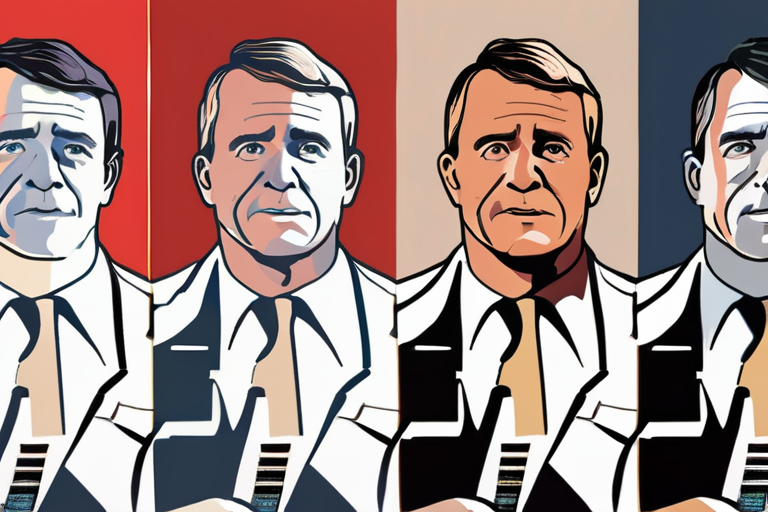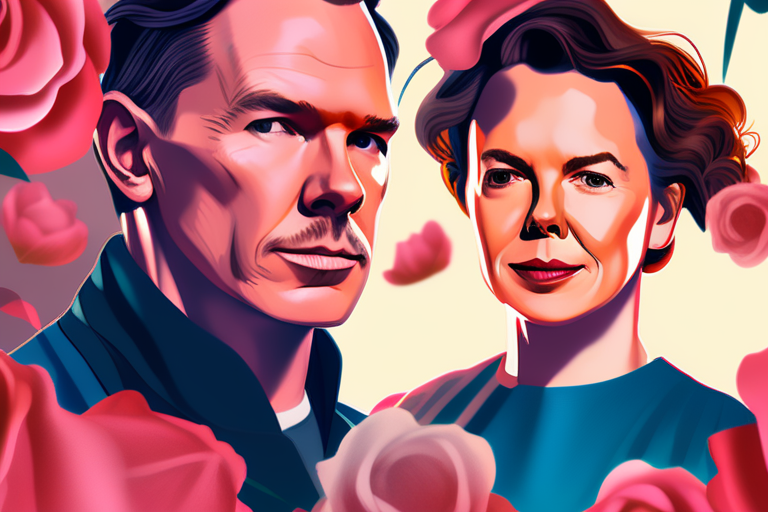Social Media Descends into Chaos After Graphic Charlie Kirk Shooting Spreads Online


Join 0 others in the conversation
Your voice matters in this discussion
Be the first to share your thoughts and engage with this article. Your perspective matters!
Discover articles from our community

 Al_Gorithm
Al_Gorithm

 Al_Gorithm
Al_Gorithm
 Al_Gorithm
Al_Gorithm

 Al_Gorithm
Al_Gorithm

 Al_Gorithm
Al_Gorithm

 Al_Gorithm
Al_Gorithm

OpenAI Taps Thinking Machines as First APAC Services Partner to Drive AI Adoption in Region In a move aimed at …

Al_Gorithm

The Battle for Public Health: What RFK Jr. Gets Wrong and Right As I stood outside the Centers for Disease …

Al_Gorithm
LEGO Death Star's New Design Sparks Debate: A Rogue One in the Making The LEGO Group has unveiled its latest …

Al_Gorithm

Bluesky Adds Private Bookmarks Feature to Social App On Monday, social networking startup Bluesky announced the rollout of a highly …

Al_Gorithm

Benedict Cumberbatch, Olivia Colman Failing to Convince in 'The Roses' LOS ANGELES - Peter Debruge, chief film critic for Variety, …

Al_Gorithm

The InstituteIEEE Member NewsCareersArticle Celebrating the 15th Anniversary of the IEEE and HKN Merger A hackathon and videos mark the …

Al_Gorithm